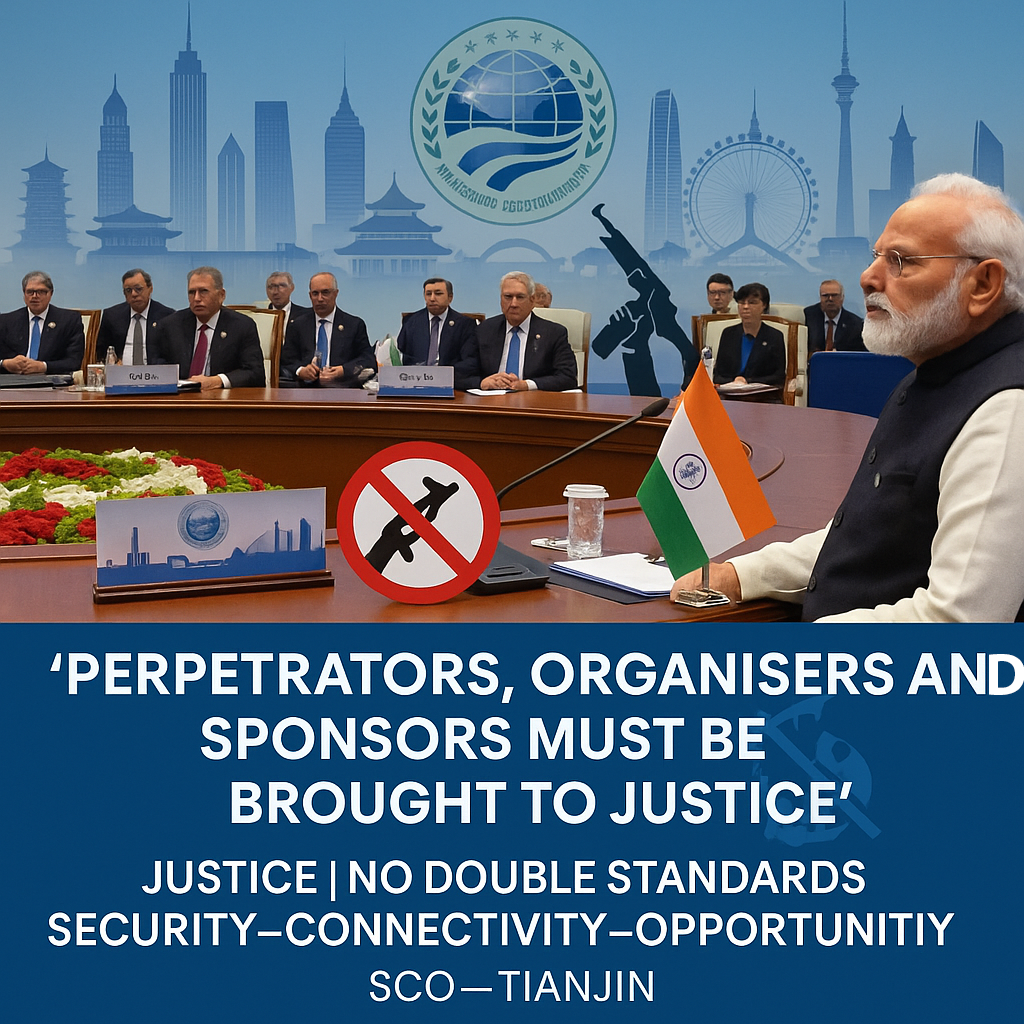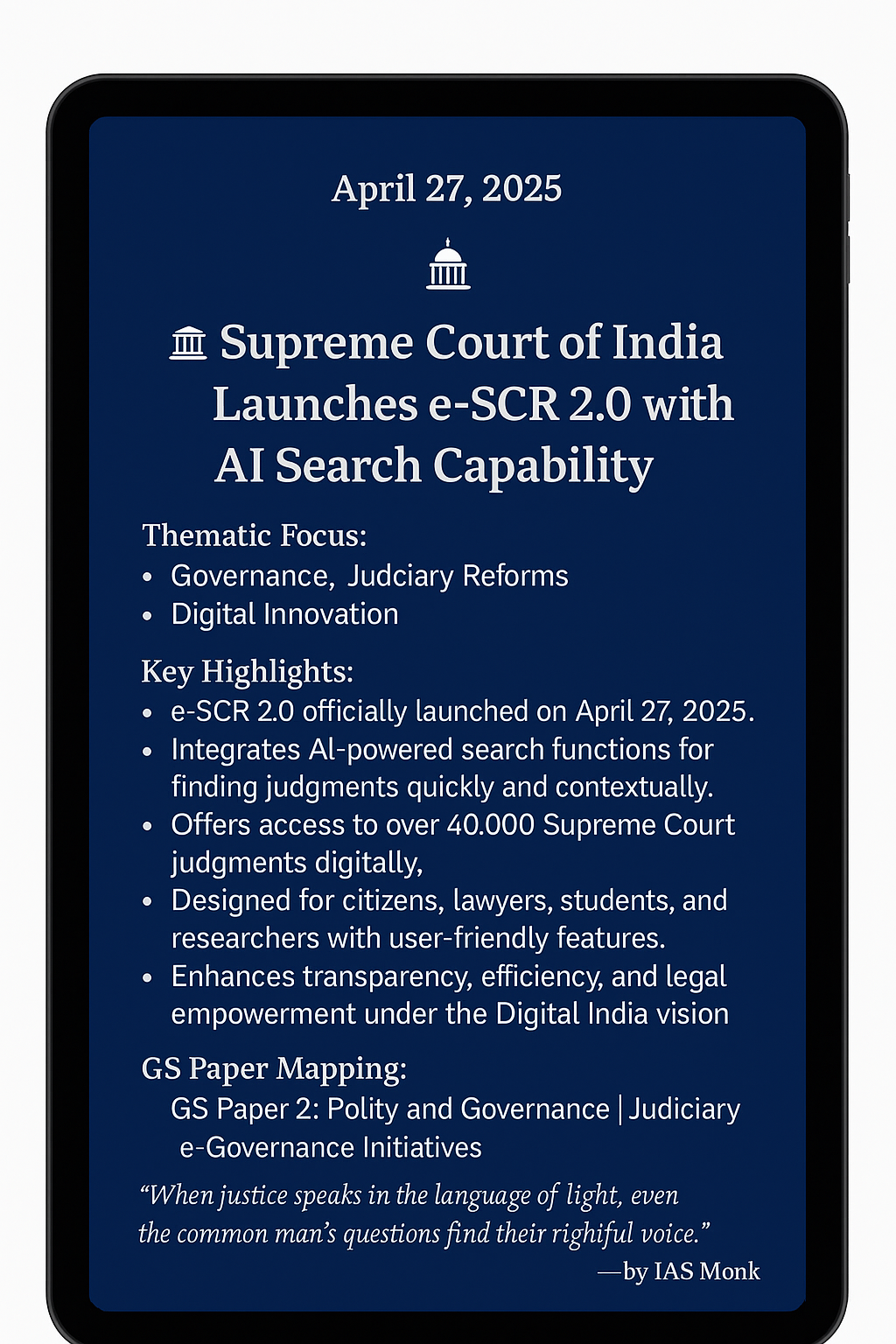
007- Apr 16, 2025
“Beyond the Blue: The Fragile Courage of Human Spaceflight”

🛡 Thematic Focus
Category: Science & Technology | Space | Safety Protocols
☄️ Key Highlights
- Legacy of Caution: NASA astronauts Sunita Williams & Barry Wilmore’s safe return echoes decades of evolving safety protocols.
- India’s Gaganyaan draws from these lessons, adopting international best practices for crew survival and mission safety.
- Phases of Flight:
- Launch Phase:
- Safety begins with fireproof lifts, ziplines, and the Crew Escape System.
- LEM & HEM motors activate based on altitude to evacuate crew during failures.
- Orbit Phase:
- Two-module capsule: Crew Module (living) and Service Module (systems).
- In emergency, capsule can follow sub-orbital trajectory — serves as lifeboat like ISS protocols.
- Reentry Phase:
- Managed descent via thrusters, heat shield, and 10-parachute system.
- Sequential parachute deployment ensures precision splashdown.
- Launch Phase:
- Historic Echoes:
- Incidents like Apollo-1, Soyuz T-10, and NS-23 inspired safety redesigns.
- Vision Forward: Safety is not just precaution—it’s the very blueprint of survival in the vacuum of space.
🧠 Concept Explainer
Human-Rated Rockets and the Ritual of Risk
Space isn’t kind. Every heartbeat beyond gravity is engineered. From controlled fire on Earth to parachutes kissing the ocean — spaceflight is a story of managed peril. What separates tragedy from triumph is a system that’s rehearsed not for success, but for every possible failure.
📜 GS Paper Mapping
- GS Paper III: Science & Technology – Space Technology, Achievements of ISRO
- GS Paper II: International Cooperation – NASA–ISRO Partnerships
- GS Paper III: Disaster Management – Risk Mitigation Protocols in Space
💭 A Thought Spark — by IAS Monk
“The soul of a mission is stitched not in stars, but in ziplines, shields, and split-second decisions. To reach space is glory—but to return alive is grace.”


















